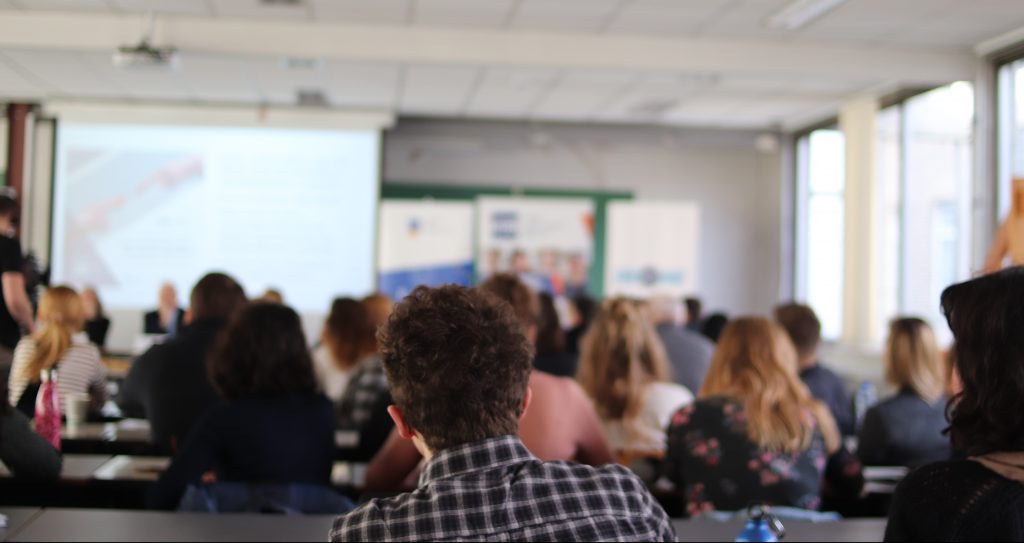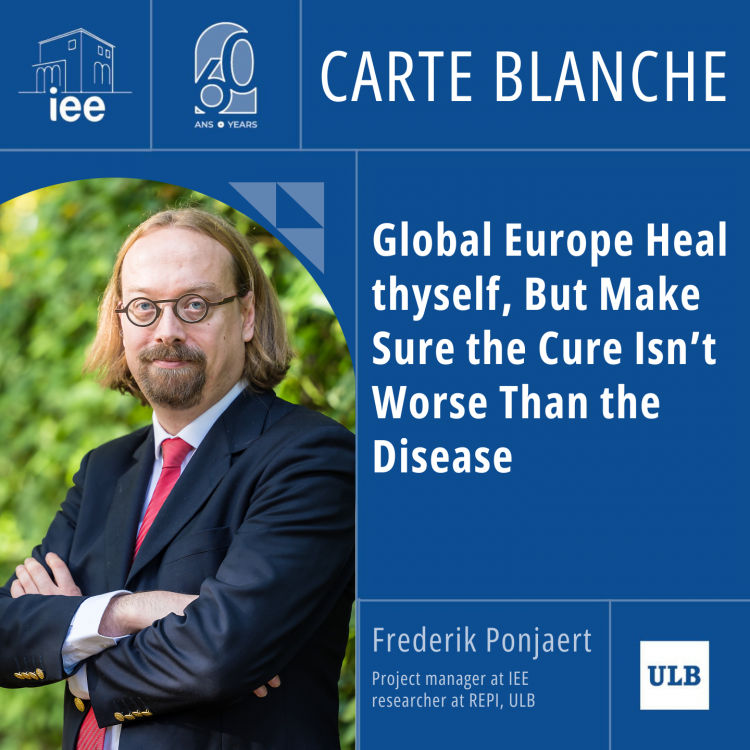What can academia do to bridge the gap between citizens of the EU and the EU itself? Tackling this issue is one of the objectives of OpenEUDebate a Jean Monnet Network that brings together Universidad Autónoma de Madrid, Université libre de Bruxelles, Vrije Universiteit Brussel, Agenda Pública and the National School of Political Science and Public Administration in Bucharest. Another main goal is to create a forum for debating the future of the EU.
“OpenEUDebate, like our slogan says, is ‘matching politics with policy.’ Our job at the university is to bring closer the knowledge we have at the academic level to the political debates about Europe,” says Luis Bouza from Universidad Autónoma de Madrid.
For the next 3 years, OpenEUDebate will work on creating a platform for public debate “online and offline to discuss political issues related to the EU,” adds the academic.
Bringing the citizens back on board
For Luciano Morganti, from the Vrije Universiteit Brussel, the idea is to “get the citizens back on board when we discuss Europe, because this is, at the end their Europe. It’s not the Europe of Brussels, the Europe of the elites as everybody says.”
To achieve this, OpenEUDebate has organised events such as the citizen debate The Europe we want, the Europe we need! last March in Brussels and has published an online survey “that is accessible, not only to our students, but to whoever is interested in saying what they think about the Commission priorities,” says Morganti.
Do you want to share your ideas and express your concerns?
Mobilizing for change
The final objective of this consultation, explains Ramona Coman, from the Institute for European Studies at the ULB, “is to transform the results of our exchanges into messages that will be transmitted” to the political leader of the European Union. Again, making matching politics with policy more reachable.
“It is very important to see students mobilize,” says Coman for whom the space for debate created by the Jean Monnet Network is key. “It’s a space for debate that doesn’t have a political affiliation, it’s non-partisan and I think that what’s original for this kind of exercise is that we would love to listen to all the different visions for Europe.”
The Europe citizens want
Looking at the first outcomes of the survey, Luciano Morganti says:
“One of the things that young Europeans are asking the future President of the European Commission is to be closer to the citizens, to involve them in participation to involve them in debate and specially to listen to what the have got to say.”
Responses from young EU citizens confirm a lot of the respondents “are really keen in having climate change and the environment as key issues to discuss, to be tackled by the future European Union,” says Morganti.
A long-term commitment
The OpenEUDebate Jean Monnet Netwok is “an example of cooperation with the objective of showing that several different social categories can add value to the critical debate on the EU,” says Miruna Butnaru-Troncota, from the National School of Political Science and Public Administration in Bucharest.
“We have common partners; but we would also love to have common actions.This is why we wish the platform remains event after the project, and that our activity in the platform remains a topic of debate.”
- More on OpenEUDebate on Luis Bouza’s article Discussing the future of Europe differently.
- If you’d like to learn more about the IEE-ULB’s research projects and research agenda, visit our dedicated pages




